Migrants living under ‘inhumane’ conditions at Dutch center, PM ‘ashamed’
Dutch Prime Minister Mark Rutte says he is "ashamed" as hundreds of asylum-seekers have been forced to sleep in the sweltering heat outside an overcrowded migrant reception center in Ter Apel, a village in the northern Netherlands.
“It is terrible what is happening in Ter Apel,” Rutte said on Friday, but added, “I think together we have found a way out of this problem.”
Doctors Without Borders, which sent in a team to assist migrants, described the situation as ‘inhumane,’ adding there were no showers and no clean toilets.
“We do not expect women and children to cope with this kinda situation. It is not OK,” one asylum seeker told MEE.
“These are 700 people sleeping rough: No showers, very bad facilities, no health care,” MSF Dutch director, Judith Sargentini, told The Associated Press.
"I've been here for 10 days and I have not even had one shower yet."
The migrants, who come from Syria, Nigeria, Palestine, Morocco, Eritrea, Tunisia and others, fled their countries to escape war.
They had to go through long queues for processing applications, after which they could not get access to the shelter in Ter Apel due to overcrowding.
"We are stuck, we don't know where to go," said Motaz Mohammed, 25, who came from Yemen and has been sleeping outside the center for 11 days, through both a heat-wave and thunderstorms.
"No one wants to talk to us, only the guards and the guards tell us: 'Sorry, wait'," he said.
On Wednesday, a 3-month old infant died at the makeshift shelter, an incident that highlighted the dire conditions for asylum seekers in the Netherlands.
Meanwhile, refugee rights group Dutch Council for Refugees sued the government, saying the inhumane conditions at the shelter amounted to a violation of European law.
The camp has become a breeding ground for diseases. An MSF nurse said, "We have a lot of people who have skin infections from being outside, infected wounds, respiratory tract infection, and gastrointestinal problems."
The Netherlands has been providing places for Ukrainians who fled from the war as its towns and cities have opened their doors for the refugees, but people from other countries didn’t see such welcomes. Most people arriving in Ter Apel are Syrians fleeing their nation’s civil war.
Araghchi: Iran never left negotiation table as its nuclear program ‘peaceful’
Jan. 14: ‘Axis of Resistance’ operations against Israeli occupation
VIDEO | UNRWA’s financial crisis deepens amid support cuts
South Korean President Yoon arrested over failed martial law bid
VIDEO | Press TV's news headlines
US budget deficit surges to record $711 billion
VIDEO | Yemeni army conducts three attacks against Israel within 12 hours
VIDEO | Gaza’s kidney patients face imminent death amid lack of fuel


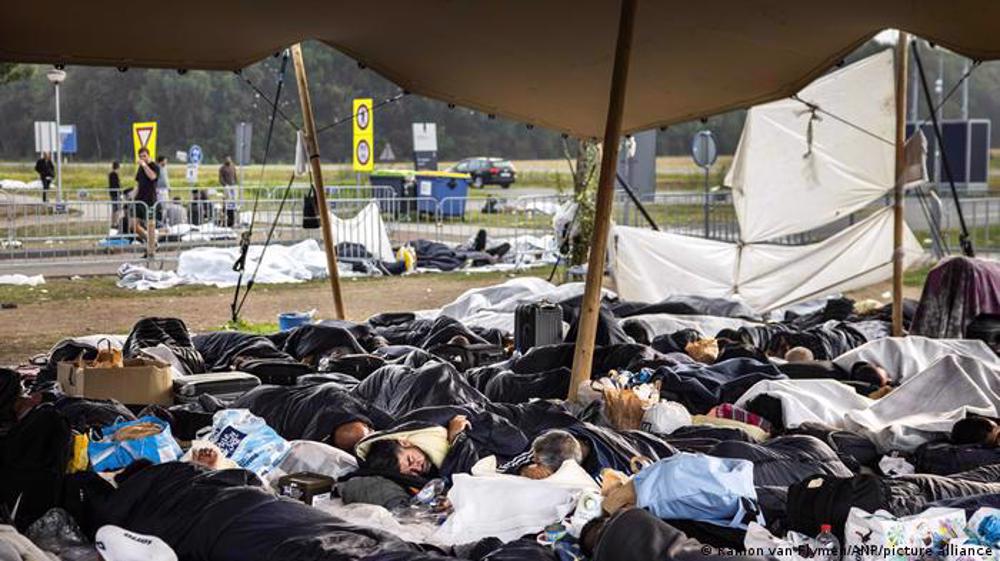

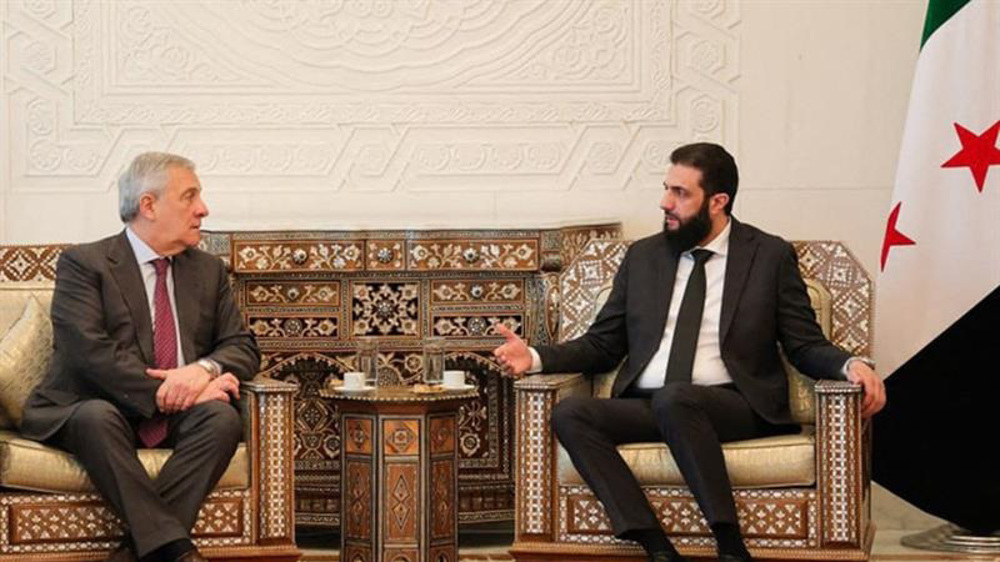
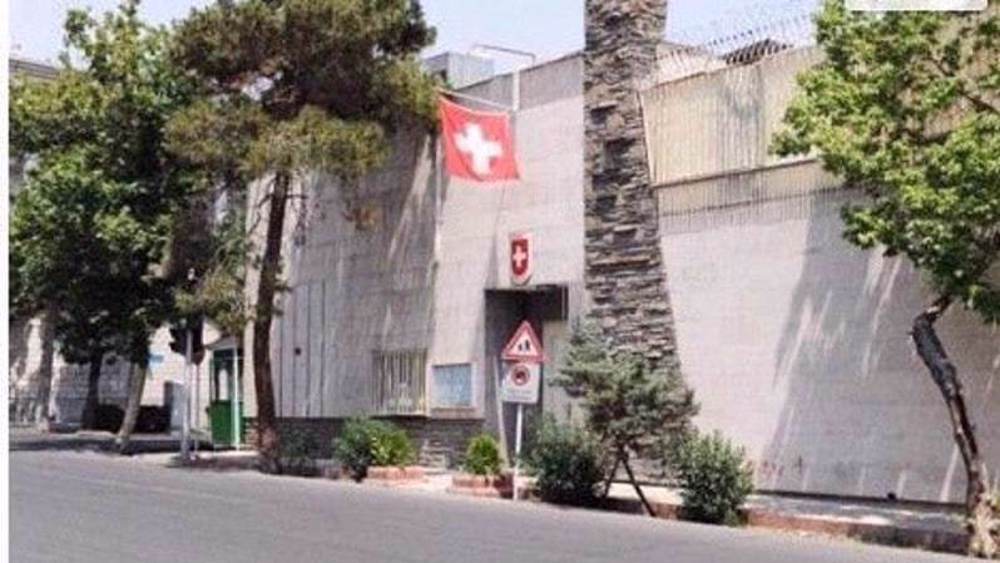




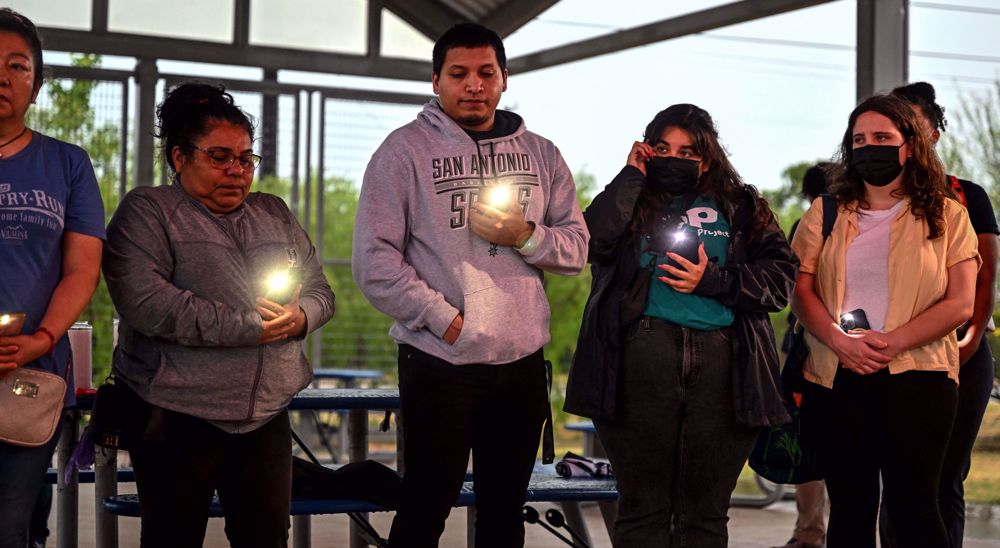
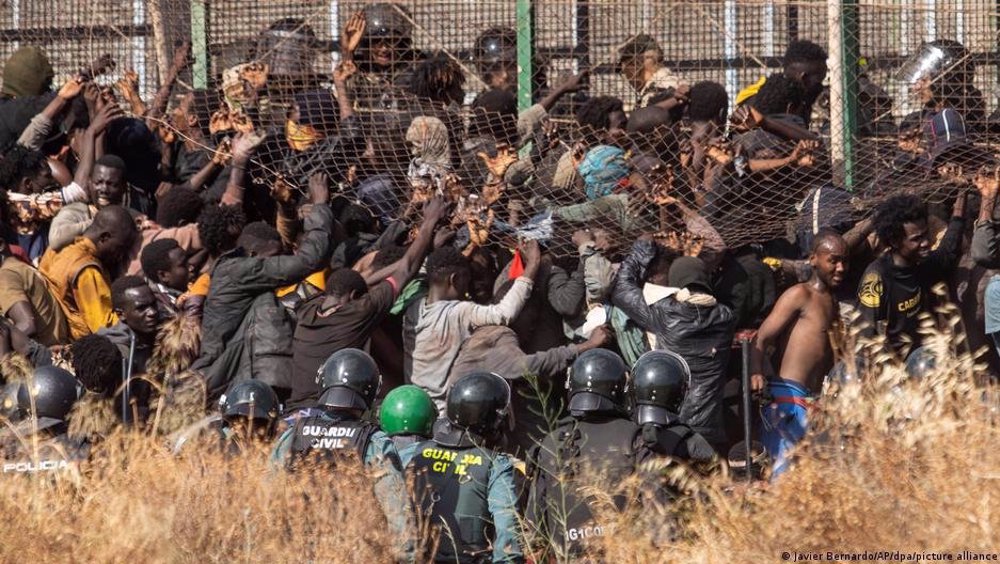
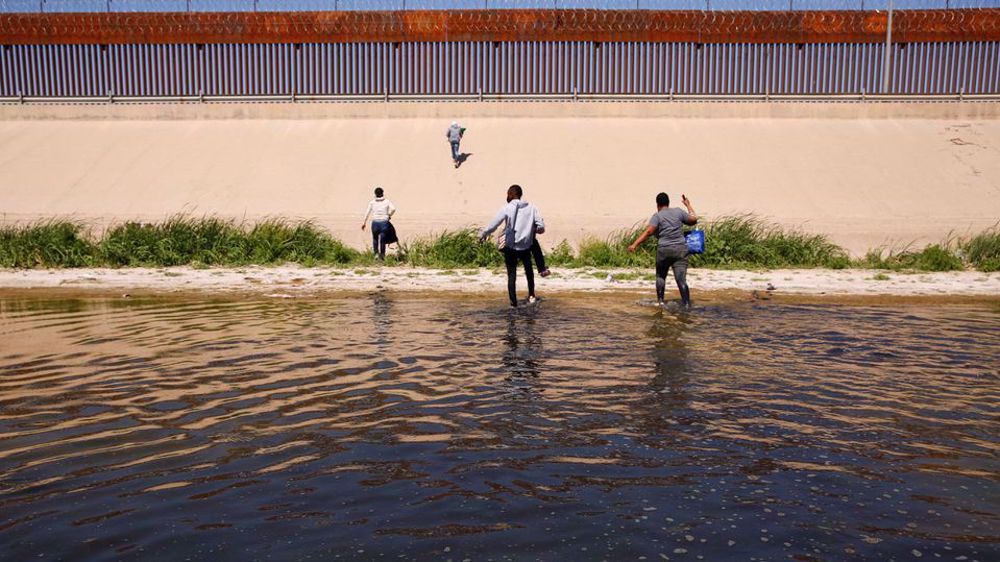

 This makes it easy to access the Press TV website
This makes it easy to access the Press TV website